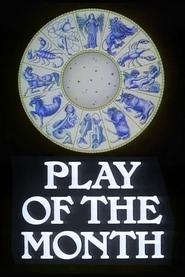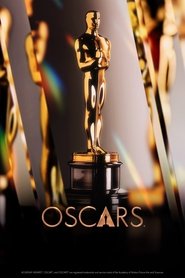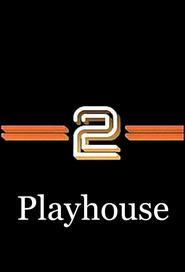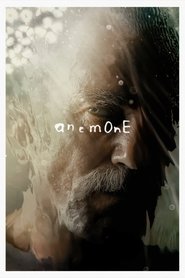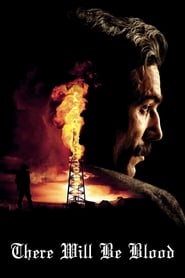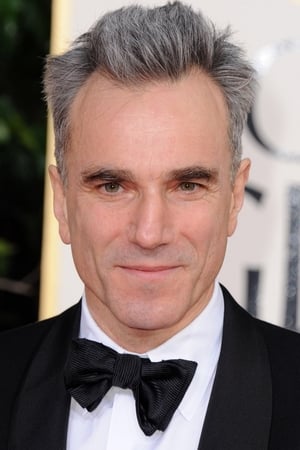
Daniel Day-Lewis
Sir Daniel Michael Blake Day-Lewis (born 29 April 1957) is an English actor. Often described as one of the greatest actors in the history of cinema, he is best known for intense method acting, portrayed with eccentric characters in auteurs' films. He is the recipient of numerous accolades, including a record three Academy Awards for Best Actor, as well as four BAFTAs, three Screen Actors Guild Awards and two Golden Globes. In 2014, Day-Lewis received a knighthood for services to drama. Born and raised in London, Day-Lewis excelled on stage at the National Youth Theatre before being accepted at the Bristol Old Vic Theatre School, which he attended for three years. Despite his traditional training at the Bristol Old Vic, he is considered a method actor, known for his constant devotion to and research of his roles. Protective of his private life, he rarely grants interviews and makes very few public appearances. Day-Lewis shifted between theatre and film for most of the early 1980s, joining the Royal Shakespeare Company and playing Romeo Montague in Romeo and Juliet and Flute in A Midsummer Night's Dream. Playing the title role in Hamlet at the National Theatre in London in 1989, he left the stage midway through a performance after breaking down during a scene where the ghost of Hamlet's father appears before him—this was his last appearance on the stage. After supporting film roles in Gandhi (1982) and The Bounty (1984), he earned acclaim for his breakthrough performances in My Beautiful Laundrette (1985), A Room with a View (1985), and The Unbearable Lightness of Being (1988). He earned three Academy Awards for Best Actor for his roles as Christy Brown in My Left Foot(1989), oil tycoon Daniel Plainview in There Will Be Blood (2007), and Abraham Lincoln in Lincoln (2012). He was Oscar-nominated for In the Name of the Father (1993), Gangs of New York (2002), and Phantom Thread (2017). Other notable films include The Last of the Mohicans (1992), The Age of Innocence (1993), The Crucible (1996), and The Boxer (1997). He retired from acting twice, from 1997 to 2000, when he took up a new profession as an apprentice shoe-maker in Italy, and from 2017 to 2024. In 2025, he starred in and co-wrote Anemone, directed by his son Ronan. Description above from the Wikipedia article Daniel Day-Lewis, licensed under CC-BY-SA, full list of contributors on Wikipedia.
Known For
Credits
- 2025 · Mr. Scorsese as Self
- 2025 · Anemone as Ray Stoker
- 2021 · Daniel Day-Lewis: The Hollywood Genius as Self (archive footage)
- 2018 · For the Hungry Boy as Reynolds Woodcock
- 2017 · Phantom Thread as Reynolds Woodcock
- 2017 · Spielberg as Self
- 2013 · Lincoln: An American Journey as Self
- 2012 · Lincoln as Abraham Lincoln
- 2012 · Access to the Danger Zone as Narrator (voice)
- 2011 · A Man's Story as Self (archive footage)
- 2010 · Making The Last of the Mohicans as Self
- 2009 · Nine as Guido Contini
- 2007 · There Will Be Blood as Daniel Plainview
- 2005 · The Ballad of Jack and Rose as Jack Slavin
- 2003 · Abby Singer as Daniel Day-Lewis (uncredited)
- 2003 · Uncovering the Real Gangs of New York as Self
- 2002 · Gangs of New York as Bill 'The Butcher' Cutting
- 2002 · Forever Ealing as Narrator (voice)
- 1997 · The Boxer as Danny Flynn
- 1996 · The Crucible as John Proctor
- 1993 · In the Name of the Father as Gerry Conlon
- 1993 · The Age of Innocence as Newland Archer
- 1993 · Innocence and Experience: The Making of 'The Age of Innocence' as Self
- 1992 · The Last of the Mohicans as Hawkeye
- 1989 · Eversmile New Jersey as Dr. Fergus O'Connell
- 1989 · My Left Foot: The Story of Christy Brown as Christy Brown
- 1988 · Stars & Bars as Henderson Dores
- 1988 · The Unbearable Lightness of Being as Tomas
- 1987 · Nanou as Max
- 1986 · A Room with a View as Cecil Vyse
- 1986 · The Insurance Man as Kafka
- 1985 · My Beautiful Laundrette as Johnny Burfoot
- 1985 · My Brother Jonathan as Jonathan Dakers
- 1984 · The Bounty as John Fryer
- 1983 · Dangerous Corner as Gordon Whitehouse
- 1982 · Gandhi as Colin
- 1982 · How Many Miles to Babylon? as Alex Moore
- 1981 · Artemis '81 as Library Student
- 1979 · Shoestring as DJ
- 1974 · Playhouse as Alex
- 1971 · Sunday Bloody Sunday as Child Vandal (uncredited)
- 1965 · BBC Play of the Month as Gordon Whitehouse
- 1953 · The Oscars as Self
